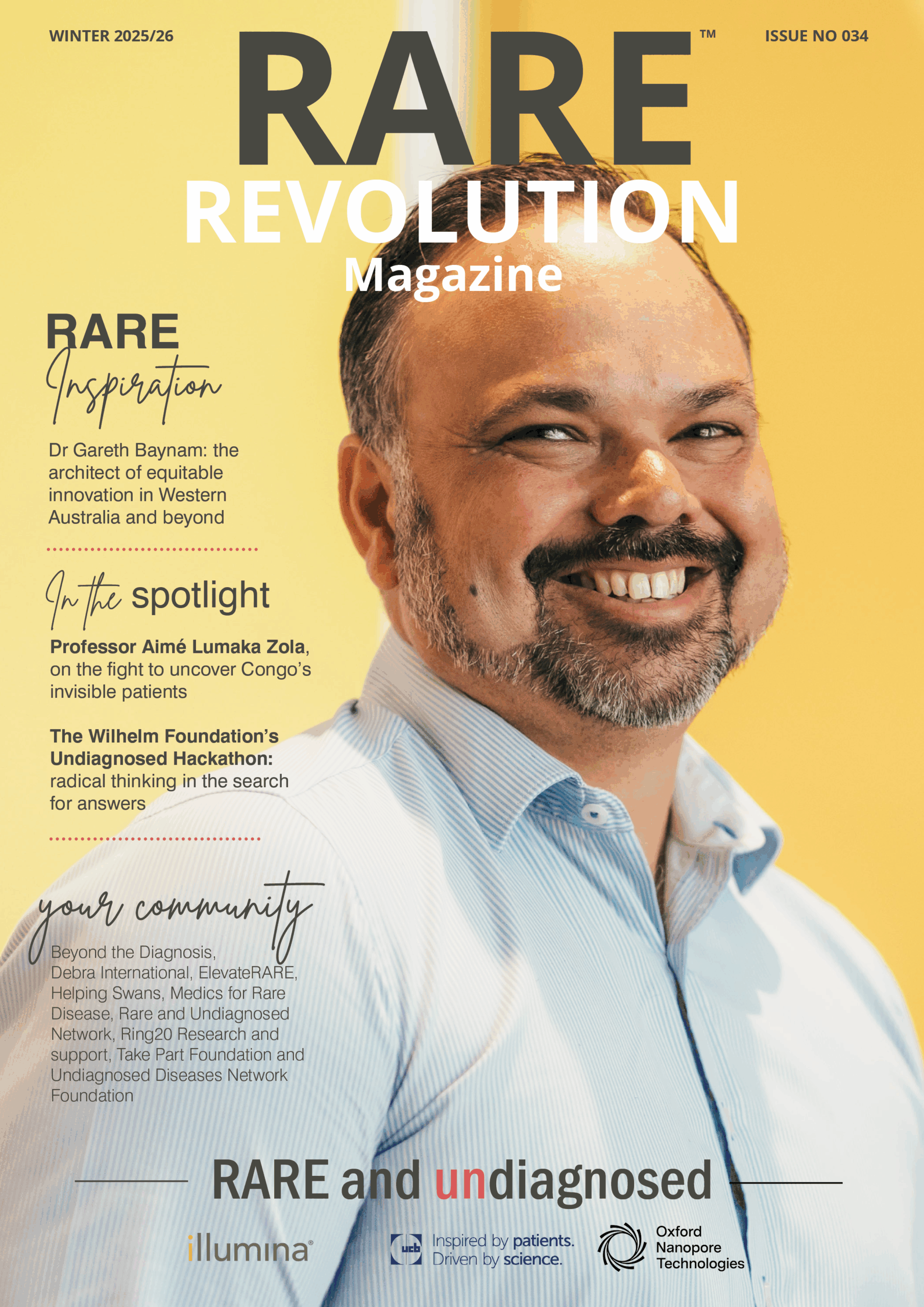The impact of warm autoimmune hemolytic anemia (wAIHA): A condition overview and infographic
SPONSORED CONTENT

What is warm autoimmune hemolytic anemia?
Warm autoimmune hemolytic anemia (wAIHA) is a rare (non-hereditary) autoimmune disorder characterised by destruction of red blood cells (hemolysis) resulting in anemia, which can cause symptoms like debilitating fatigue, dizziness, shortness of breath, jaundice and in severe cases, chest pain or loss of consciousness.
The individual’s own immune system creates antibodies (typically immunoglobulin G, also known as IgG) that destroys the healthy red blood cells. wAIHA is distinct from other types of AIHA in that, as the ‘warm’ suggests, the antibodies in wAIHA are most destructive at a body temperature of between 36.5-37.5 degrees Celsius (97.7-99.5 degrees Fahrenheit).
Understanding the impact of wAIHA
Symptoms vary across individuals and their impact on quality of life can be greatly different. These may include:
- fatigue
- dyspnea (shortness of breath)
- discoloured urine (typically dark brown/red)
- jaundice
- elevated heart rate and/or palpitations
- dizziness, chest pain and loss of consciousness in severe cases
- paleness of the skin (pallor)
- splenomegaly (enlarged spleen)4
In addition to the challenging physical symptoms, wAIHA may also impact individuals in the following ways:
- feelings of isolation and loneliness
- stress and anxiety caused by living with a high degree of uncertainty
- everyday tasks can be difficult creating loss of independence
- financial burden due to loss of earnings
There are two classifications of wAIHA – primary and secondary
Primary: idiopathic, spontaneous development of the disease with no previous underlying condition
Secondary: may be linked to many other disorders however most frequent are lymphoproliferative cancers, such as chronic lymphocytic leukaemia (CLL) and connective tissue disorders, especially systemic lupus erythematosus (SLE). Other diseases associated with wAIHA are solid cancers, infections, or other chronic inflammatory diseases, such as colitis ulcerosa or Crohn’s disease *
*(resource: Tranekær S, Hansen DL, Frederiksen H. Epidemiology of Secondary Warm Autoimmune Haemolytic Anaemia-A Systematic Review and Meta-Analysis. J Clin Med. 2021 Mar 17;10(6):1244. doi: 10.3390/jcm10061244. PMID: 33802848; PMCID: PMC8002719. https://pmc.ncbi.nlm.nih.gov/articles/PMC8002719/ )
Please download and share the following infographic to raise awareness for wAIHA
References
1, 2, 4. https://waihawarriors.org
3. wAIHA Warriors patient survey 2022
Created by RARE Revolution Magazine
This infographic has been made possible with financial support from Johnson & Johnson. The content was developed in collaboration with wAIHA Warriors.
RARE Revolution Magazine retains all copyright.
CP-485652 | November 2024






